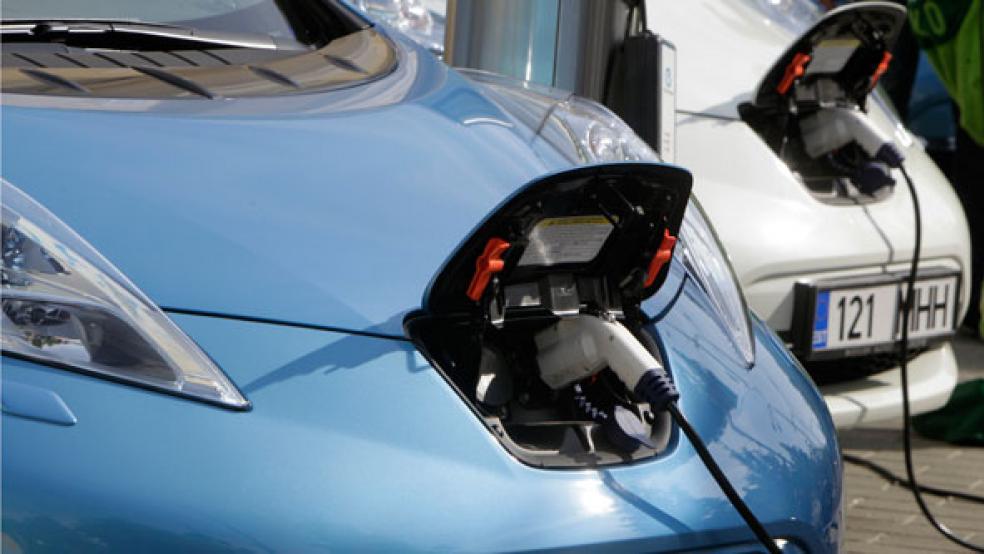Despite lots of hype among techies and tree-huggers, the demand for electric vehicles has stalled at dismally low levels.
Even as sales of electric cars inch up each year, the total number of plug-in vehicles sold since 2010 is less than 160,000 cars, according to the Electric Drive Transportation Association. The bad news continues: a new federal report expects demand to remain that way for the next 25 years.
By 2040, the sale of new electric vehicles and new hybrid electric vehicles will comprise about 1 percent each of all new car sales. That would be an increase from last year’s sales of electric vehicles, which were “negligible,” according to the report.
The bleak outlook is bad news for car companies that have heavily invested in electric vehicles, and for the Obama administration, which has set an ambitious goal of having a million plug-in electric vehicles on the road by 2015.
Related: Why Americans Still Don’t Drive Electric Cars
Even if new electric vehicles sales increased to 1 percent of market share by next year, they’d still only total about 144,000 vehicles (based on last year’s sales of 14.4 million new cars.)
Consumers have been hesitant to switch over to electric vehicles because of concerns about their limited driving range and the inconvenience of charging them. A study last year by Indiana University found that early adopters of electric vehicles tend to be highly educated men, who are concerned about the environment and worried about American dependence on foreign oil.
Another headwind for electric carmakers: as gasoline-powered vehicles become more fuel efficient, and gas prices remain low, there’s less financial incentive to make the switch.
In fact, the EIA report projects that gas consumption will decline nearly 25 percent year through 2040 (following a historical annual increase of 1 percent since 1975). So the environmentalists do have something to celebrate, even if electric cars aren’t it.
Top Reads from The Fiscal Times:





